Reports from within University Counseling Services (UCS) indicate a 25-percent increase in student demand over the last three years, pushing usage of the program to over 20 percent of BC students. According to Director of UCS Thomas McGuinness, the office currently does not have adequate staffing to address this increase in demand.
According to those within UCS, undergraduates use the center for a variety of reasons. Personal, relational, academic, and familial issues can all contribute to a student’s decision to seek counseling. “Mostly when people come in, in some way or another they will indicate they are overwhelmed and they cannot cope with what’s going on,” McGuinness said.
McGuinness noted that, while UCS sees heavy student interest throughout the year, springtime is a particularly busy time for UCS, with many students feeling as though they are in crises at the year’s end. Students’ caseloads are filled as the semester closes, causing an influx of new patients on top of the regular caseloads. “There’s more of a time crunch now,” McGuinness said. “We get a bunch of seniors that are in trouble, learning they might not be able to graduate.”
To make an appointment at UCS, students either call or schedule in person at the office. When students request an appointment, they are first set up with a triage appointment, which happens within 48 hours. “We call and speak to the students for 10 to 15 minutes to get a sense of what they need and get an assessment of if there are safety issues with the student,” McGuinness explained. “We have a whole bunch of questions we ask everybody just to make sure the person doesn’t need to be seen on emergency and that we’re the appropriate place for them.”
There are three types of appointments at UCS. For dire situations, there are emergency appointments. Students in these situations get first priority to see the on-call clinician. For non-emergency situations, students are either urgent intakes or regular intakes. Urgent intakes are situations for which UCS is concerned, but there is no immediate danger to the student. These students usually see a clinician within a few days. All other students are deemed regular intakes.
“At this time of year, we are booking a week and a half to two weeks out for [regular intakes],” McGuinness said. “That’s the big complaint we hear from students.”
This is where the bottleneck within UCS comes up—there is not enough staff to accommodate the increased demand for mental health services. “We would need three more people to have enough hours to see students when they want to be seen,” McGuinness said. McGuinness believes this would allow UCS to see students sooner and for longer.
This year, McGuinness put in a proposal for three new staff members, but no new positions have been approved. Since the 1970s, the office has only seen a small increase in staffing. “[Our staff] hasn’t increased the way other administrative departments in the University have increased,” McGuinness said.
Right now, each psychologist has four new intakes a week. “That’s the only way we can accommodate the number of students coming in,” McGuinness said. “Ideally, psychologists shouldn’t see more than three new patients a week.”
This shortage in staff means that many students’ time with counselors is limited. “We’re basically short-term,” McGuinness said. “Students who need something more intensive or more extended we want to refer.”
Many students are referred to other services, as an increasing number of students come into BC with prior mental health services experience. According to McGuinness, 20 percent of the incoming students have been on some kind of psychiatric medication. “People aren’t freaked out by mental health services in the way they had been in the past,” McGuinness said. “We are not going to be able to accommodate them in the long hall.” In such situations, students are referred to outside counseling services.
But perhaps the students can fix some of the problems, McGuinness asserted. “Students have grown less able to deal with stress and anxiety, and often view what once would have been manageable problems as things requiring counseling,” he said. “Although many students do require counseling for these problems, some students may be able to learn how to cope with these feelings on their own.”
For UCS’s current staff to accommodate student demand properly, McGuinness said we need to increase student resilience. “There is data to prove that students are more depressed and anxious than students in past generations,” McGuinness said. “Students have trouble managing their feelings, tolerating frustration, and solving problems on their own.”
As a result, according to McGuinness, students are turning to counseling to solve problems that they may be able to solve on their own.
“We need to find ways to help students have a little more grit,” he said. “We can double the number of people in counseling, but not everything is a mental health issue.”
Featured Image by Alex Gaynor / Heights Senior Staff

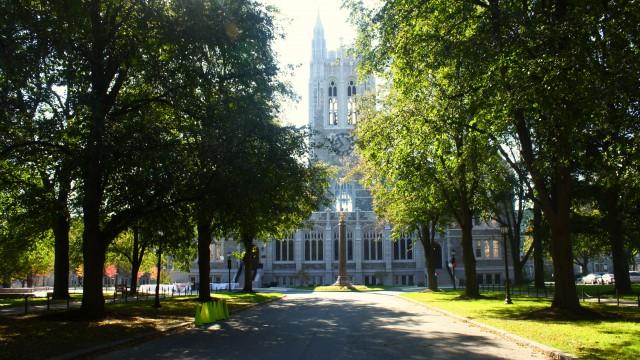






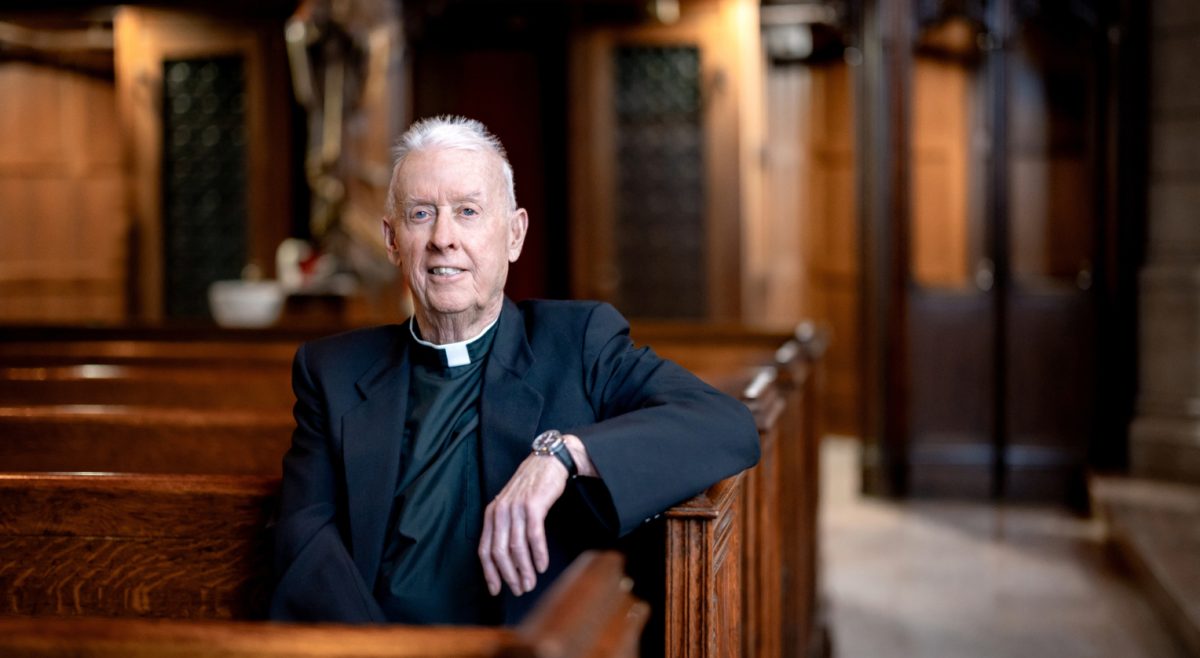


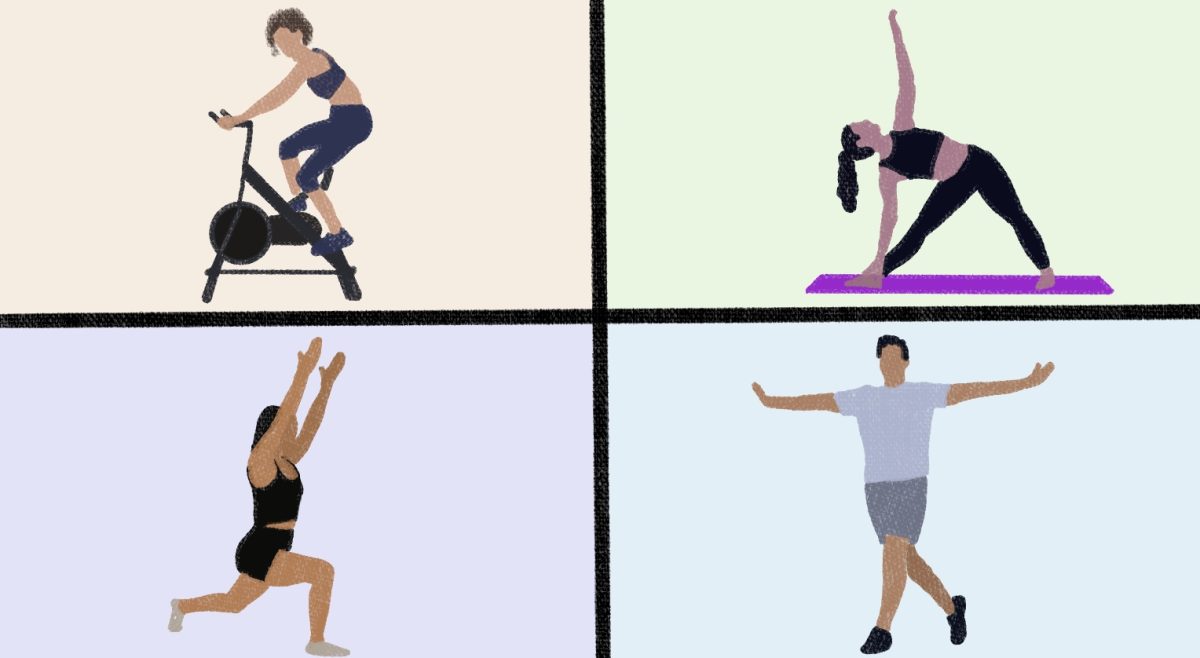
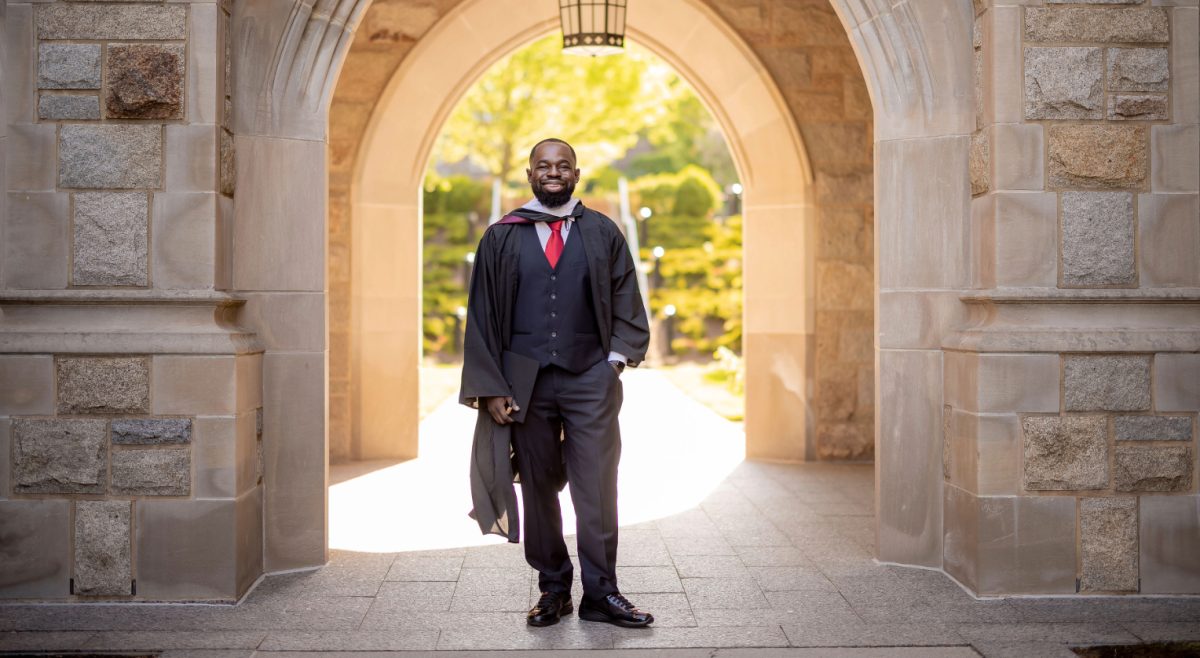
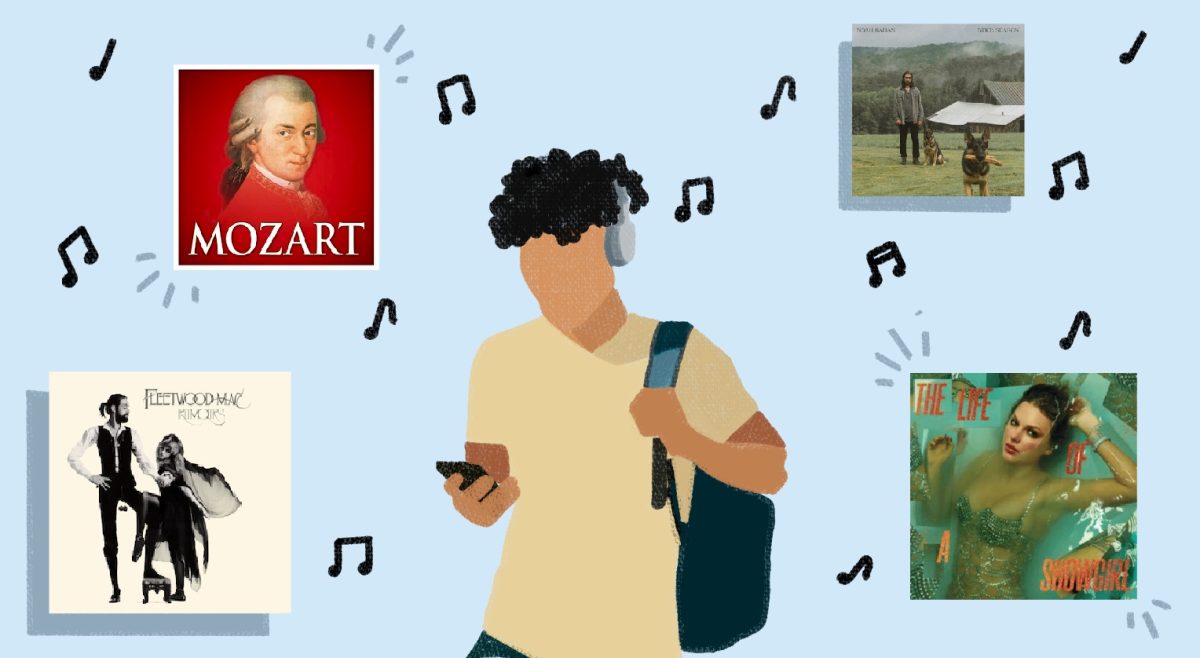





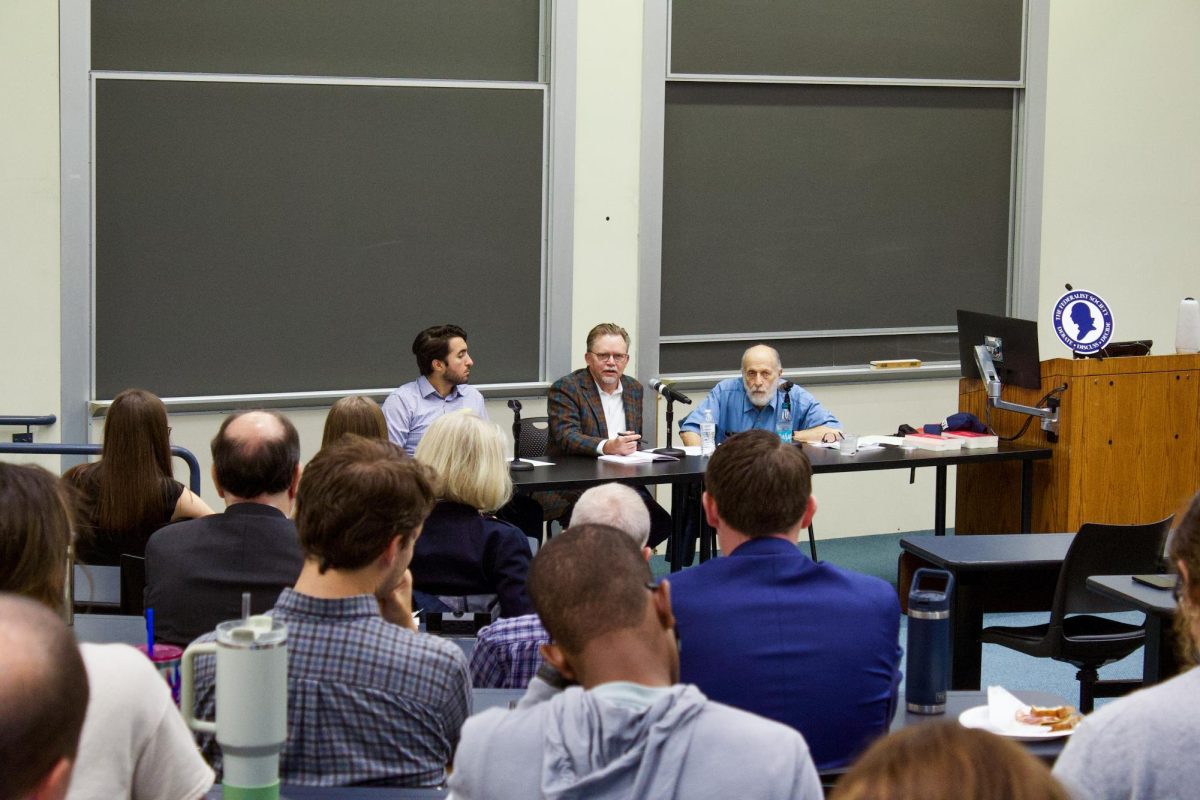
Bradley • Jul 23, 2015 at 6:54 am
Although many students do require counseling for these problems, some students may be able to learn how to cope with these feelings on their own. They looking for trust essays services to save time.